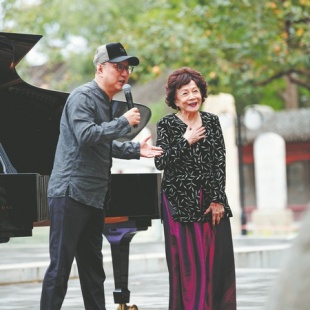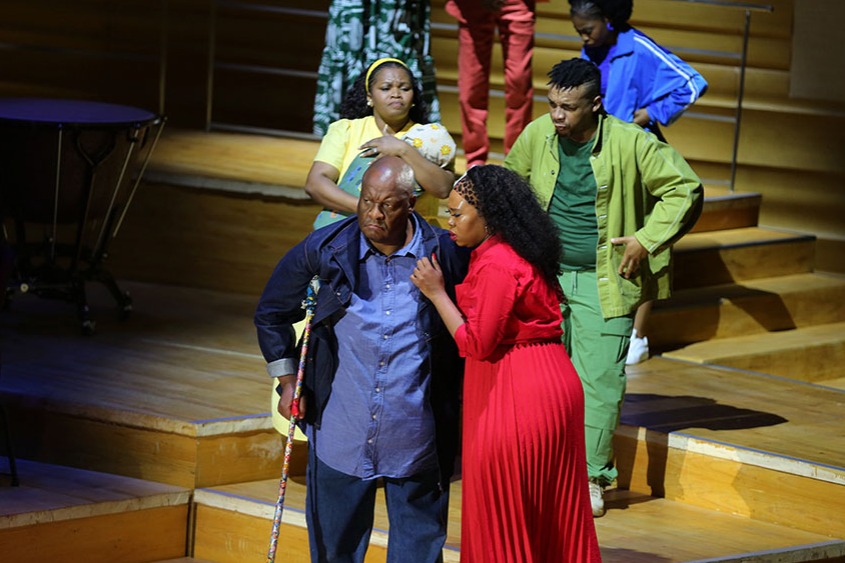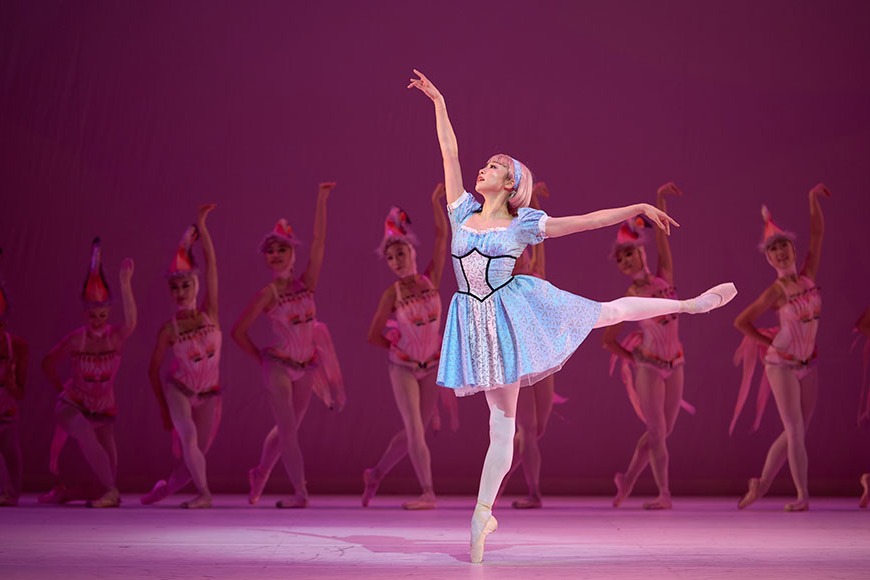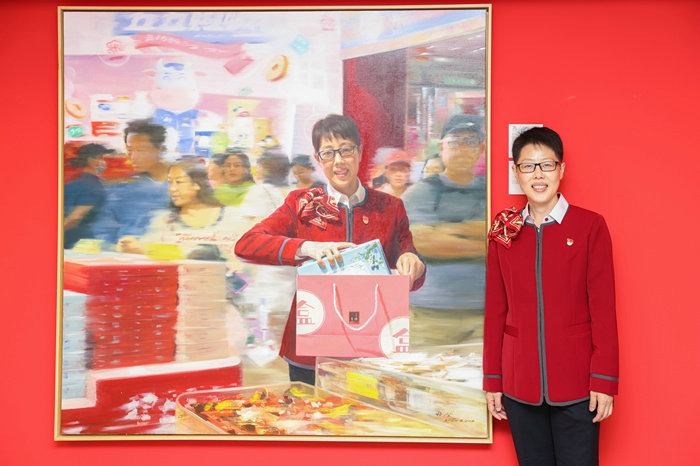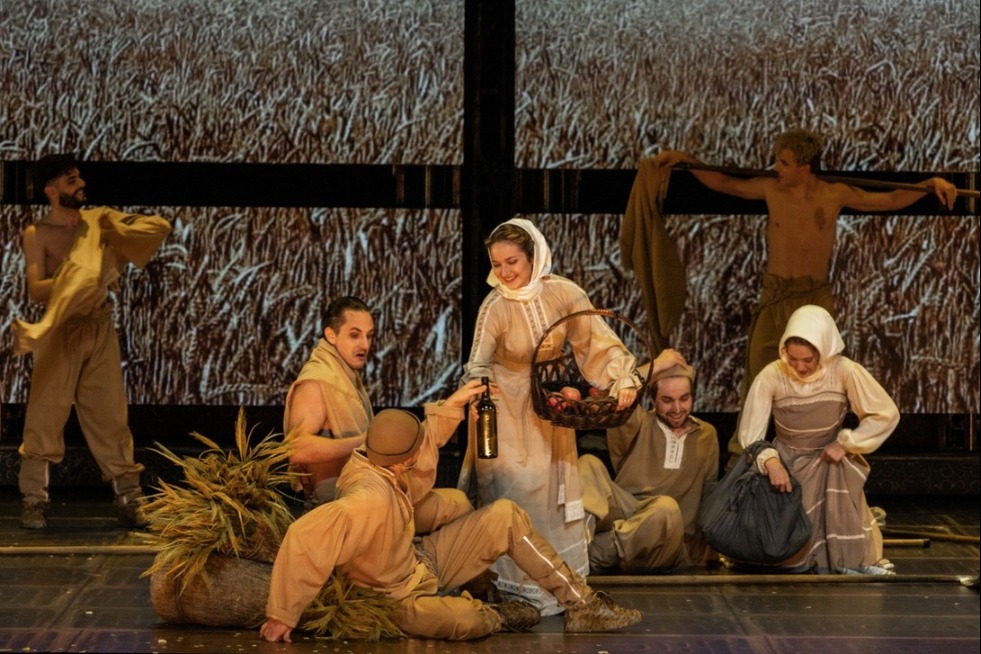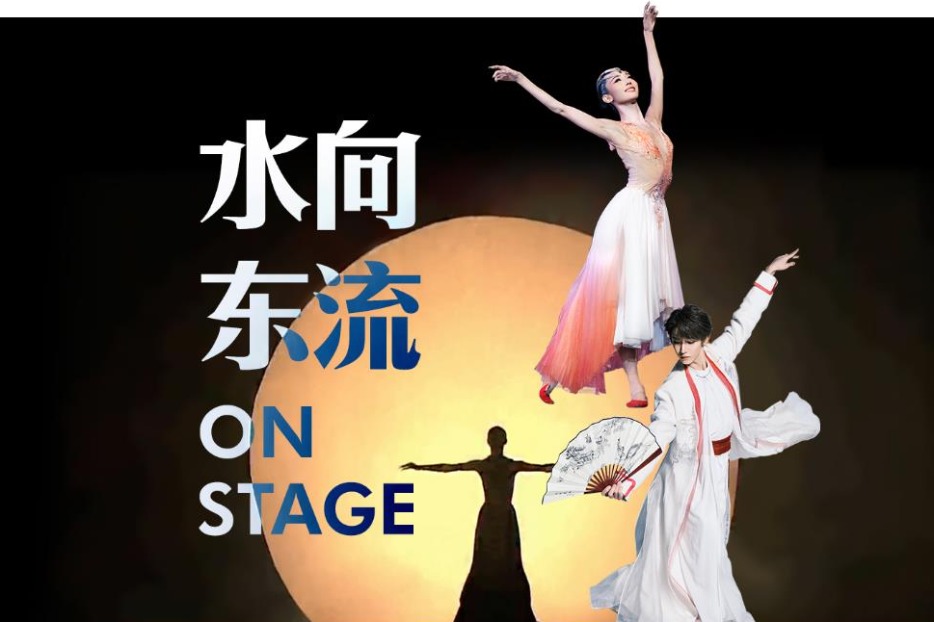Ancient buildings alive with sound of music


Wang, who is a Beijing native, went to school near the Drum and Bell Towers. Both were built during the Yuan Dynasty (1271-1368) and served as the capital's center of timekeeping through the Ming (1368-1644) and Qing (1644-1911) dynasties.
"I love visiting these old buildings, which connect me with the history and inspire me," Wang says.
This blending of old and new can be especially poignant when the music reflects themes of heritage, memory, or cultural identity, according to the percussionist.
"Performing traditional Chinese music at these landmarks helps us (musicians and audiences) connect with the ritual music of the past that was once played there and with the people who once lived, worked and celebrated in those spaces," Wang says. "In this sense, it is an act of preservation, not only of the music itself but of the historical significance of the space."
He also adds that this kind of cultural events draw people to these old spaces, encouraging exploration and appreciation of the cultural importance of these ancient architecture landmarks.
On Monday, the Amber Quartet will give a concert at the Guozijian imperial college in Beijing, which was the highest educational institution and administrative organ of education set up by the imperial court during the three dynasties of Yuan, Ming and Qing.
The program will include the first movement of the String Quartet in G minor, Op 10, by Debussy; the String Quartet in G Minor, Op 74, No 3, Rider, by Haydn; and Song of Burying Flowers from The Dream of the Red Chamber Suite by Chinese composer Wang Liping and Totem by Chinese composer Zhang Zhao.
"Across the world, cultural institutions and festivals are recognizing the value of merging the old with the new," says the string quartet's founder and cellist Yang Yichen, who is a teacher of the Central Conservatory of Music. "Arts are playing a crucial role in the preservation and reinterpretation of historical spaces."
Yang adds that the quartet musicians chose to perform the aforementioned music pieces from China and the West at the Guozijian imperial college, "hoping to build up a dialogue between the past and the present, between China and the West".
"We are looking forward to performing at the ancient architecture, which will create a shared experience where music and architecture combine to evoke emotion, memory, and meaning," he says.
Contact the writer at chennan@chinadaily.com.cn


